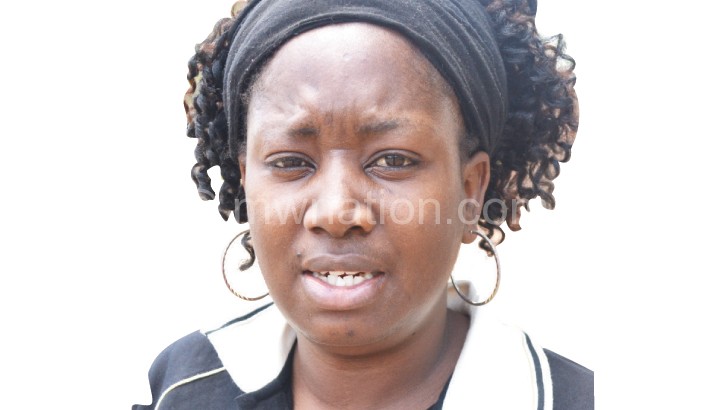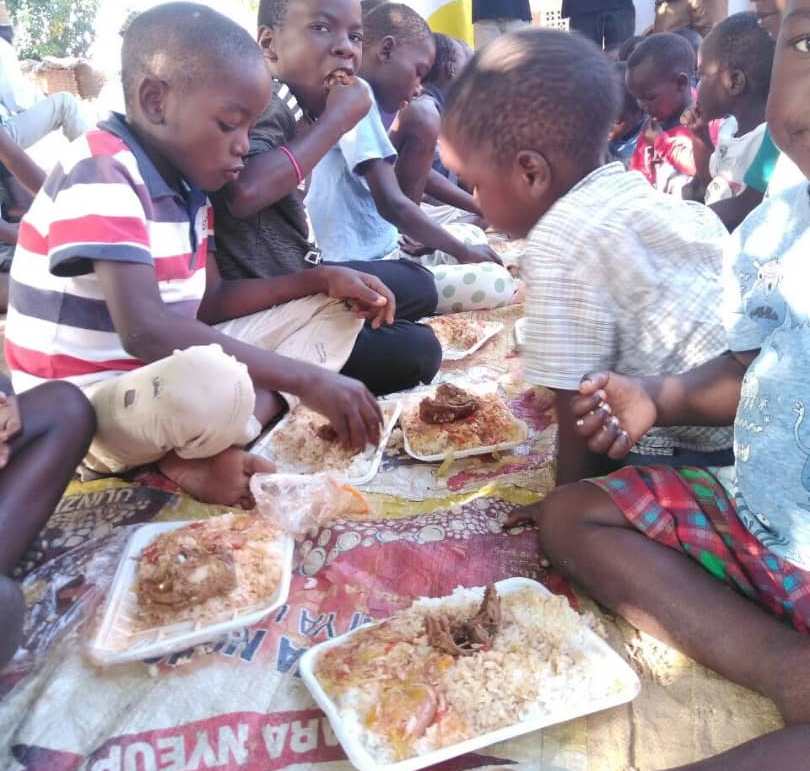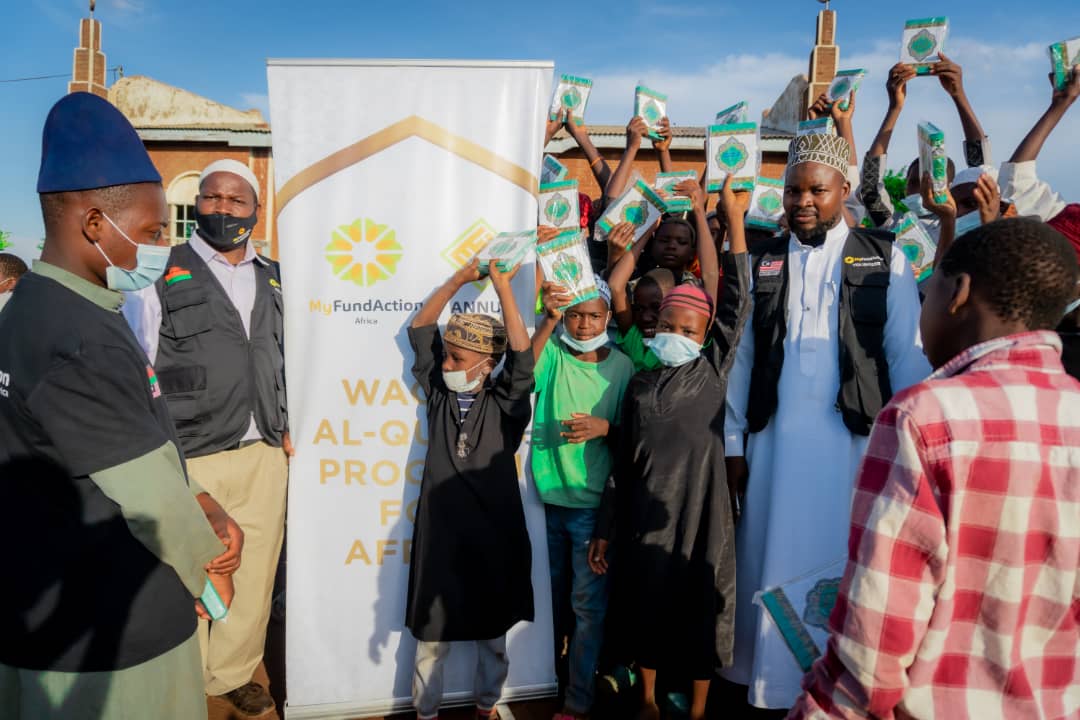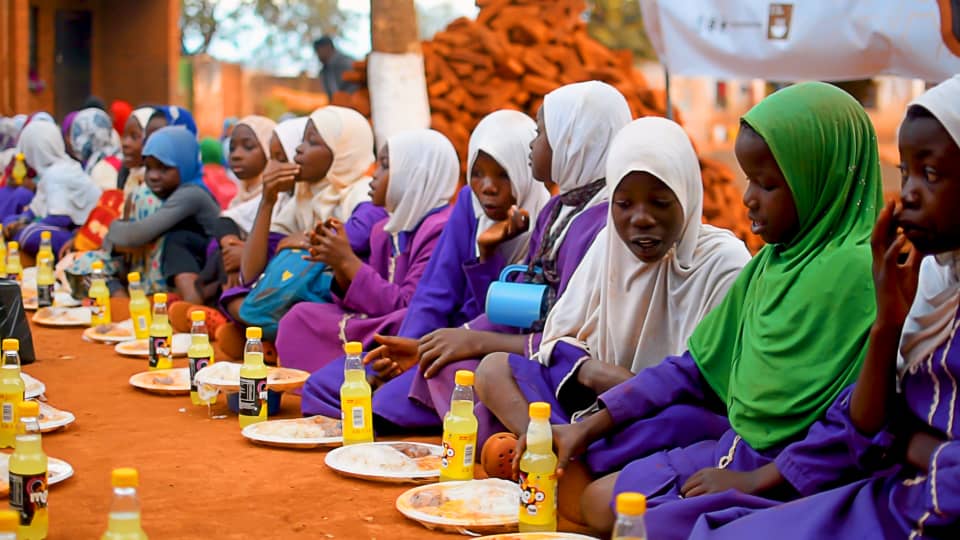Anglicans embrace Chikwawa farmers
The Anglican Council in Malawi (ACM), through the Diocese of Southern Malawi, is implementing a Community Integrated Intervention (CII) Programme in T/A Chapananga in Chikwawa District. JAMES CHIMPWEYA heard more about the project from CECILIA DUBE, the diocesan projects director.
Why was Chapananga’s area chosen for the launch of the Community Integrated Intervention (ACM CII)?
It was because of its long history of natural disasters which, among other things, happen as a result of deforestation, poor enforcement of environmental policies and poor farming practices. The other reason is the high dropout rate of primary school girls in the area, which is mostly due to low income levels of the families the girls come from.
What are you doing to make this area less prone to disasters?
One of the components of the programme is management of the environment and climate change effects. This intervention aims at creating awareness about the impact of environmental degradation by providing information to the community, setting up community-based environmental management committees; promoting setting up of tree nurseries and planting of trees. This intervention will in one way, help to address the problem of deforestation which is a major cause of floods and soil erosion in the area.
What a broad initiative, it should have components?
We are working under the following thematic areas:
l Water, sanitation and hygiene (Wash): This will include awareness of environmental issues, dangers of open defecation, hygiene and Wash, develop and adapt training manual on Wash, mobilise and train communities on hygiene and sanitation, train community water users to construct and encourage them to use bio-sand water filters (BSF). Rehabilitation and construction of hand dug wells will also be done. We will also construct model toilets in the area. These, we believe, will help to reduce cases of diseases associated with poor sanitation and hygiene.
l Girls education: We have identified 50 girls from low income families. These have been selected from Dzinthenga and Kanyongolo primary schools. The girls have been organised in two clubs of 25 each. The girl clubs are patronised by trained Mother Group counsellors from the church’s Mothers Union Guild. School uniforms, re-usable sanitary pads and other school materials shall be distributed to the girls. Role model motivational talks shall be conducted and girl-friendly toilets constructed.
l Livelihoods: In this component, we shall conduct capacity building trainings, vocational and skills development, table banking, training on financial literacy and savings and loan management.
lEnvironment: To tackle issues of environmental degradation, awareness on environmental degradation and climate change shall be conducted. There shall also be training on forest management and improved farming practices, re-afforestation, protection of water sources and river bank management. We shall also establish village natural resources management committees and promote sustainable use of fuel saving stoves and waste management. We shall provide beneficiaries with fodder and fruit tree seedlings.
l Food security: To promote appropriate agricultural farming methods, increasing farmers access to agricultural services, transferring skills and knowledge in sustainable agricultural practices, through empowerment of local extension workers and farmer trainers, smallholder exchange visits and provision of essential inputs such as high yielding and disease-resistant planting materials and seeds; increasing the number, type and size of farm storage facilities and improving post-harvest handling practices.
Already the project has identified 30 low income households in the catchment area. These have established three farmer clubs comprising 10 members each. These farmer clubs have been trained in modern farming skills and also supplied with farm inputs—every member has received five kilo-grammes of high yielding hybrid maize seed and two 50-kilogramme bags of fertiliser.
How will this benefit the girl child in Chapananga area?
If fully utilised, we envisage keeping the girl child in school until she finishes her studies; the result of which shall be a brighter future for the girl child, which in essence translates into a bright future for the country.
What was the criterion of choosing beneficiaries?
It was the vulnerability of the beneficiaries. There was no discrimination in terms of religion, race, gender or any other factor. You would be interested to note that some, if not most of the beneficiaries, are people of other faiths and denominations.
Who is funding the project?
The donor is one of our traditional partners based in the United Kingdom. The amount of funding for the four years is approximately K40 million. Since we are only complimenting government efforts, and we also value the power of unity, we are partnering with Chikwawa District Council, local community structures and leadership.
What is the programme’s lifespan?
Depending on the success of this project, we shall expand our activities to other areas so that other vulnerable people can also benefit. But, yes, with service at the heart of the church, we have many social services underway for God’s people in the diocese of Southern Malawi. n






